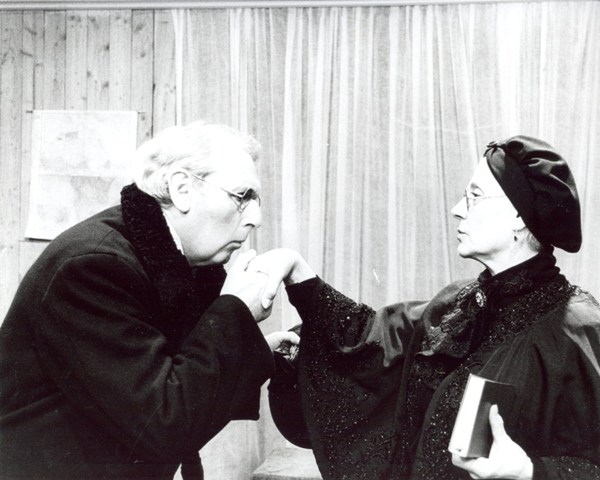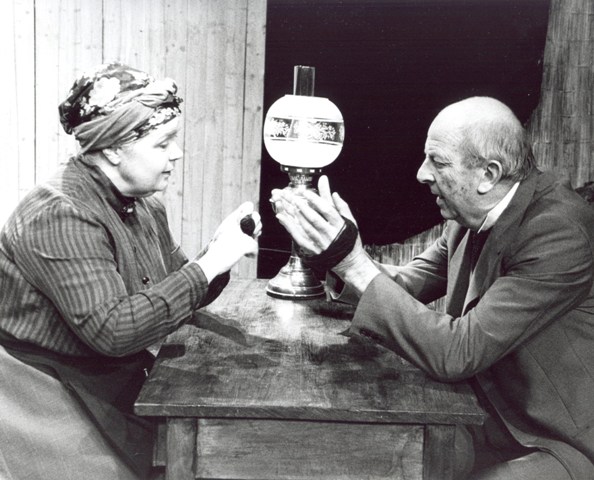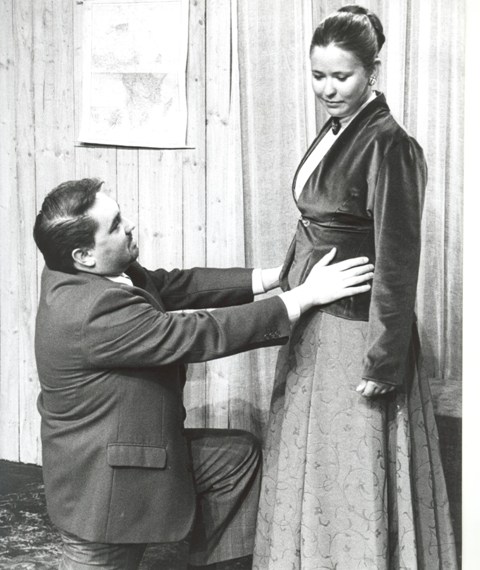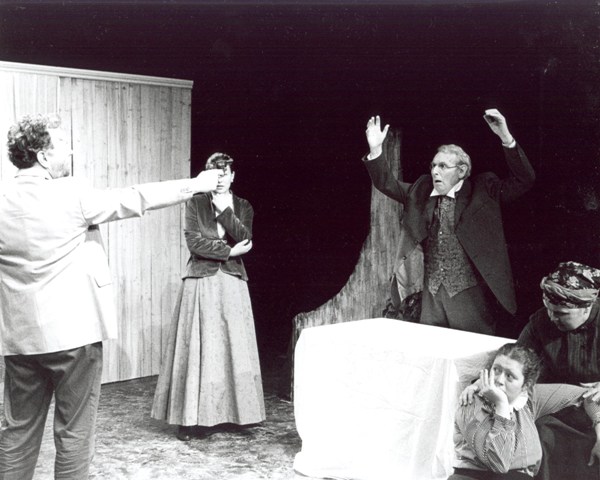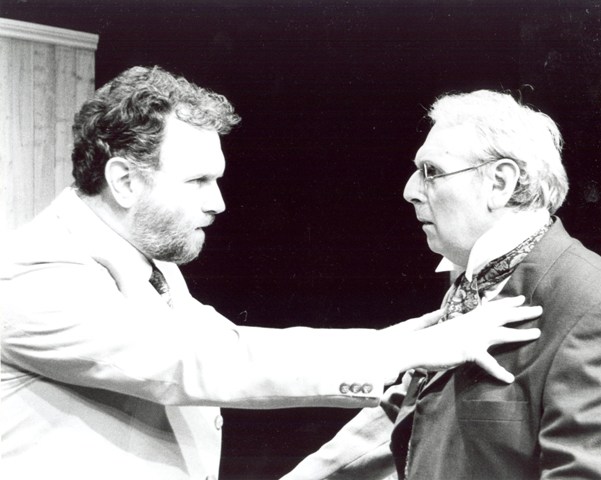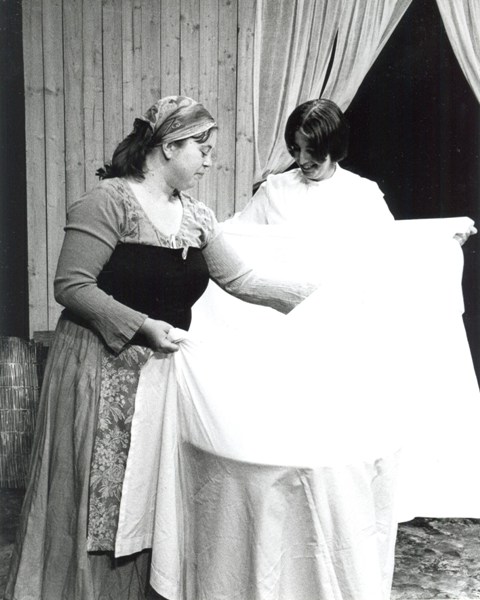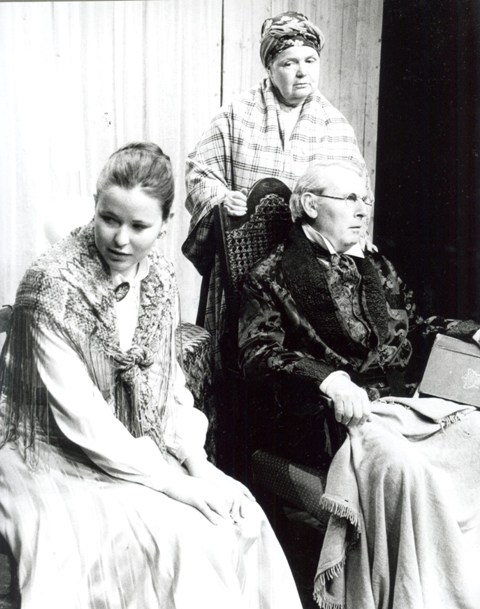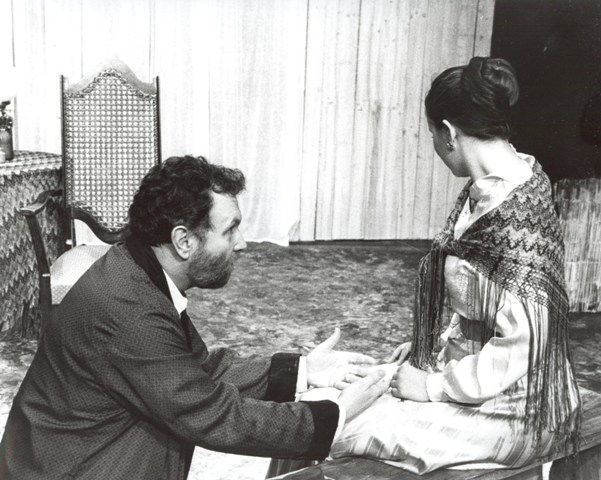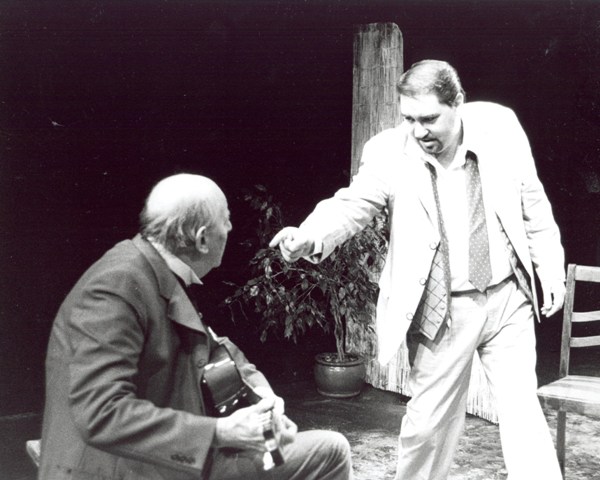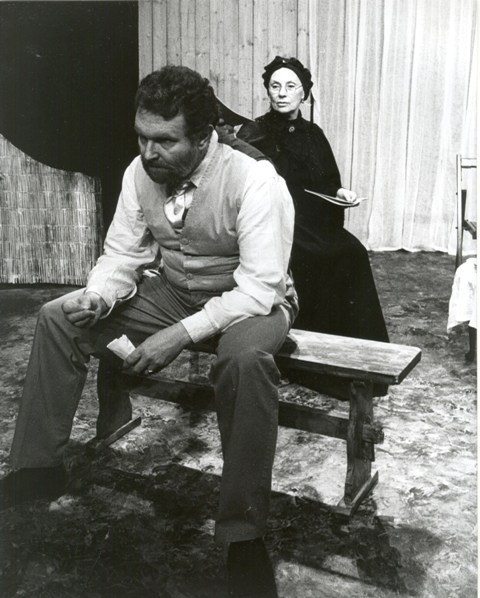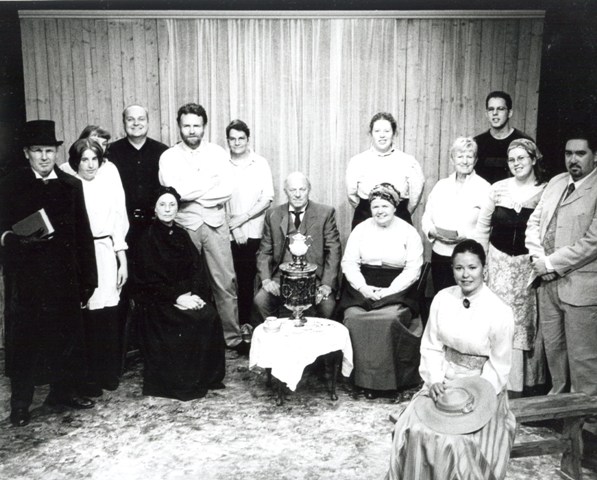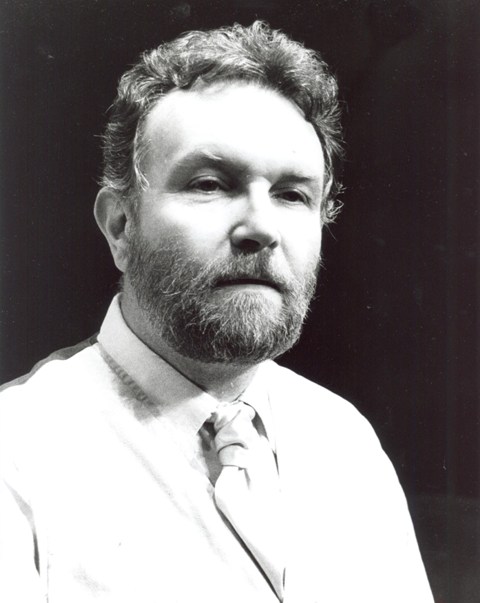The Bench Production
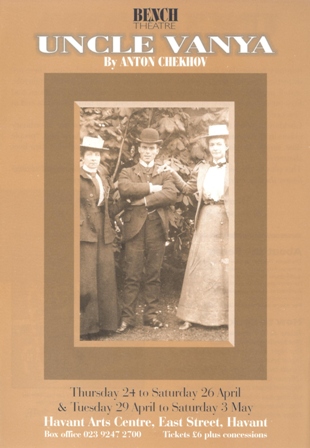
This play was staged at Havant Arts Centre, East Street Havant - Bench Theatre's home since 1977.
Characters
| Marina, an elderly nurse | Ingrid Corrigan |
| Michael Astrov, a doctor | Damon Wakelin |
| Ivan Voynitski (Vanya) | David Penrose |
| Alexander Serebryakov, a retired professor | John Scadding |
| Helen (Helena), his wife | Fiona Fairhurst |
| Sonya, his daughter by a previous marriage | Alice Corrigan |
| Ilya Telegin (Waffles) an impoverished landowner | John Batstone |
| Mme. Voynitski (Maman) widow of a high official, mother of Vanya and the professor's first wife | Ruth Prior |
| A peasant | Zoë Chapman |
| A maid | Vicky Hayter |
| Entr'acte Pianist | Ruth Prior |
Crew
| Director | Nicola Scadding |
| Producer | Mark Wakeman |
| Stage Manager | Zoë Chapman |
| Assistant Stage Managers | Susie Borton Vicky Hayter Francine Huin-Wah |
| Lighting Design | Jacquie Penrose |
| Lighting Operation | Richard Le Moignan |
| Sound Recordist | Nathan Chapman |
| Costumes | Megan Utley |
| Props | Zoë Chapman Jaspar Utley Stage Management team |
| Set Design | Jacquie Penrose |
| Set Construction | Tim Taylor |
| Poster Design | Pete Woodward |
| Programme Design | Derek Callam |
| Press and Publicity | Sue Dawes Jaspar Utley Mark Wakeman |
| Front of House | Sam Emery |
Director's Notes
Uncle Vanya is a study of ordinary people who are comically inept at managing their own lives. Like all four of Chekhov's major plays, it deals with the effect that visitors have on a family living in a Russian backwater. Add to this intrusion the summer heat; alcohol; unaccustomed idleness; family quarrels; sexual proximity; awkward love affairs; bungled seductions; emotions and lives turned topsy-turvy and we have the ingredients for - well, farce or tragedy?
George Calderon translated two of Chekhov's plays in 1912 and called them "tragedies with the texture of comedy". In Uncle Vanya Chekhov negotiates a delicate balancing act between the comic and the tragic. The play is sly, ironical, sexy, funny, farcical and also serious, compassionate and painful.
Chekhov believed that the theatre should "show life and men as they are, and not as they would look if you put them on stilts. A play should be written in which people arrive, go away, have dinner, talk about the weather, and play cards. Life must be exactly as it is, and people as they are - not on stilts. Let everything on the stage be just as complicated and at the same time just as simple as in life.... They are all simple, ordinary people".
What he does is to explore the emotional web that links these ordinary people, exposing the pain and absurdity, comedy and poignancy that lie beneath the surface of everyday events. "People dine, simply dine, and at that moment their happiness is decided or their lives shattered." And, just like Monet, he is a first-rate impressionist, using snippets from his characters' lives to build up the narrative and atmosphere of his plays.
In her programme note for the 1973 production of The Seagull at Chichester Festival Theatre Caryl Brahms commented, "Chekhov wrote, on the whole, with irony about the human condition - an irony based on observation and softened by understanding". The playwright, himself, commented, "The artist must not be a judge of his characters or of what they say but only an objective observer ... If you want to become a real writer, study medicine. Especially psychiatry. It has helped me...." He reckoned also that "a writer must be as objective as a chemist ... he must know that dung-heaps play a very respectable part in a landscape..."
Nicola Scadding
Reviews
The NewsMike Allen
Sad and funny but lacking spark
In an entertaining 'for and against' debate on Chekhov in the Bench Theatre programme, one writer says the characters are ridiculous, which make them funny - and they know it, which makes them sad. The other writer says the people aren't real and Chekhov laughs that off as intentional - 'a puerile little joke.' On the evidence of Nicola Scadding's production, the first writer is nearer the mark - and so he should be, since he is David Penrose, who plays Uncle Vanya himself.
Certainly this man is ridiculous and knows it. Penrose makes him like an older, but not much wiser Hamlet - a man who cannot commit to and action and then, when he does, gets it badly wrong. Sad? Certainly. But very funny, not only there but in the way the actor delivers heavily ironic lines with the lightest ironic touch.
Vanya's niece, Sonya, draws playing of gentle sincerity and dignity from Alice Corrigan, and John Scadding and Bench newcomer Fiona Fairhurst make strong impressions as an oddly married couple. The surprise is a stilted performance from Damon Wakelin. He fails to catch the charm that makes two women fall in love with Astrov, either wholly of just a little. The production lacks sexual electricity as a result. Until May 3.
The News, 26th April 2003
